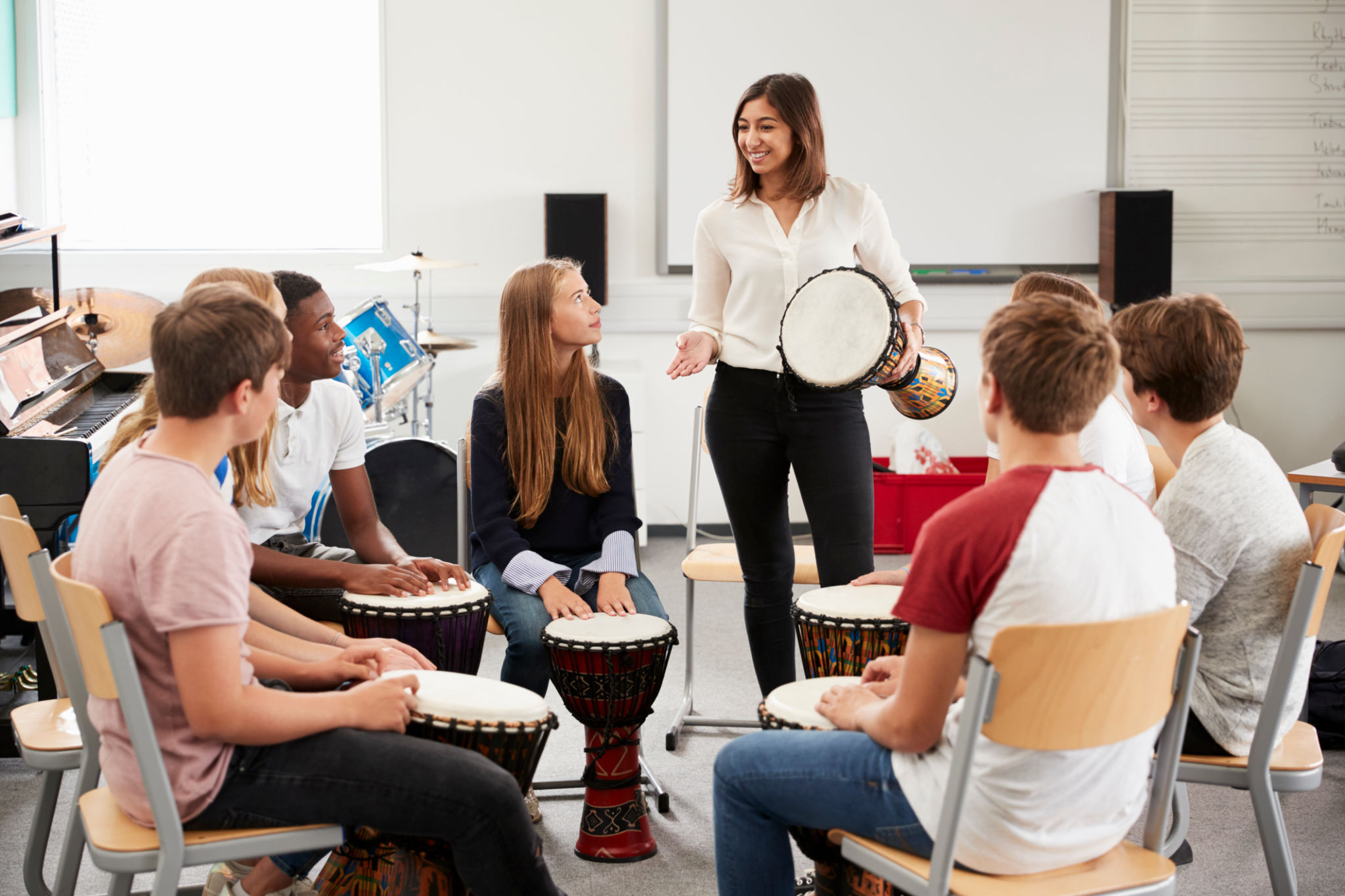Why Music Lessons Matter: Benefits Beyond the Classroom
The Transformative Power of Music Lessons
Music lessons are often seen as just another extracurricular activity for children, akin to sports or art classes. However, the benefits of learning an instrument or taking vocal lessons extend far beyond the classroom. These lessons can have a profound impact on various aspects of personal development, enhancing skills that are crucial in everyday life.

Cognitive Development and Academic Performance
Studies have shown that engaging with music lessons can significantly boost cognitive abilities. Learning music requires a high level of concentration and sharpens memory skills. This mental stimulation can translate into improved academic performance. Students who take music lessons often display enhanced abilities in subjects like math and science, as music involves understanding complex patterns and abstract thinking.
In addition to boosting academic skills, music lessons encourage critical thinking and problem-solving. As students learn to read music and understand rhythms, they develop an ability to interpret information and make quick, accurate decisions.
Emotional and Social Growth
Music is a universal language that transcends cultural and linguistic barriers, offering a unique avenue for emotional expression. Music lessons provide individuals with an outlet to express their feelings and emotions in a constructive manner. This can be especially beneficial for young people who are still learning to navigate their emotions.

Furthermore, participating in music ensembles or bands fosters teamwork and collaboration. Students learn to listen to one another, balance their roles within a group, and work towards a common goal. These experiences build strong communication skills and teach students the importance of cooperation.
Building Confidence and Discipline
Mastering an instrument or performing in front of an audience requires dedication and perseverance. Through regular practice and hard work, students develop discipline and time management skills. As they progress and achieve milestones in their musical journey, their confidence grows.
Performing in recitals or concerts can also help individuals overcome stage fright, boosting self-esteem and providing a sense of accomplishment. The confidence gained through music lessons often permeates other areas of life, preparing students to face challenges with resilience.

The Joy of Lifelong Learning
One of the most significant benefits of music lessons is the love of learning they can instill. Music is a lifelong journey, and the skills acquired through lessons can be enjoyed at any age. Whether playing in a community orchestra, singing in a choir, or simply enjoying music as a hobby, the joy of making music is something that can be cherished throughout one’s life.
In conclusion, while music lessons might seem like just another activity for kids, they offer much more than meets the eye. From cognitive and emotional development to building confidence and fostering a love of learning, the benefits of music lessons reach far beyond the classroom.